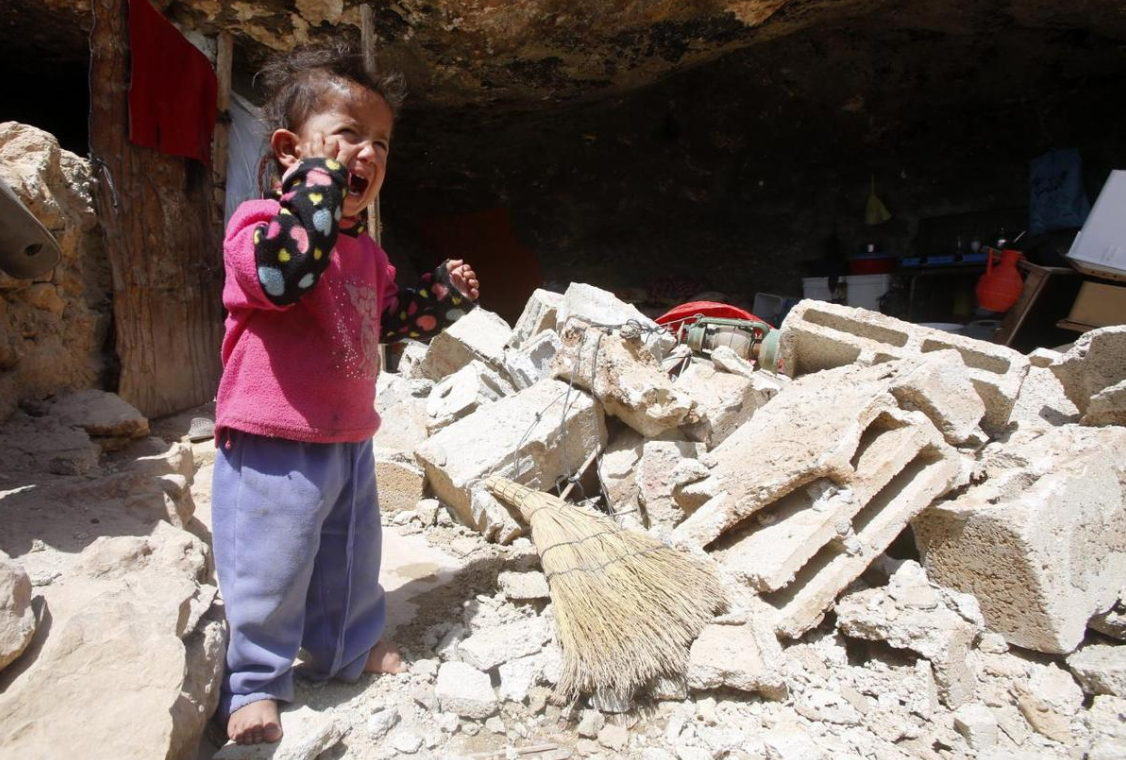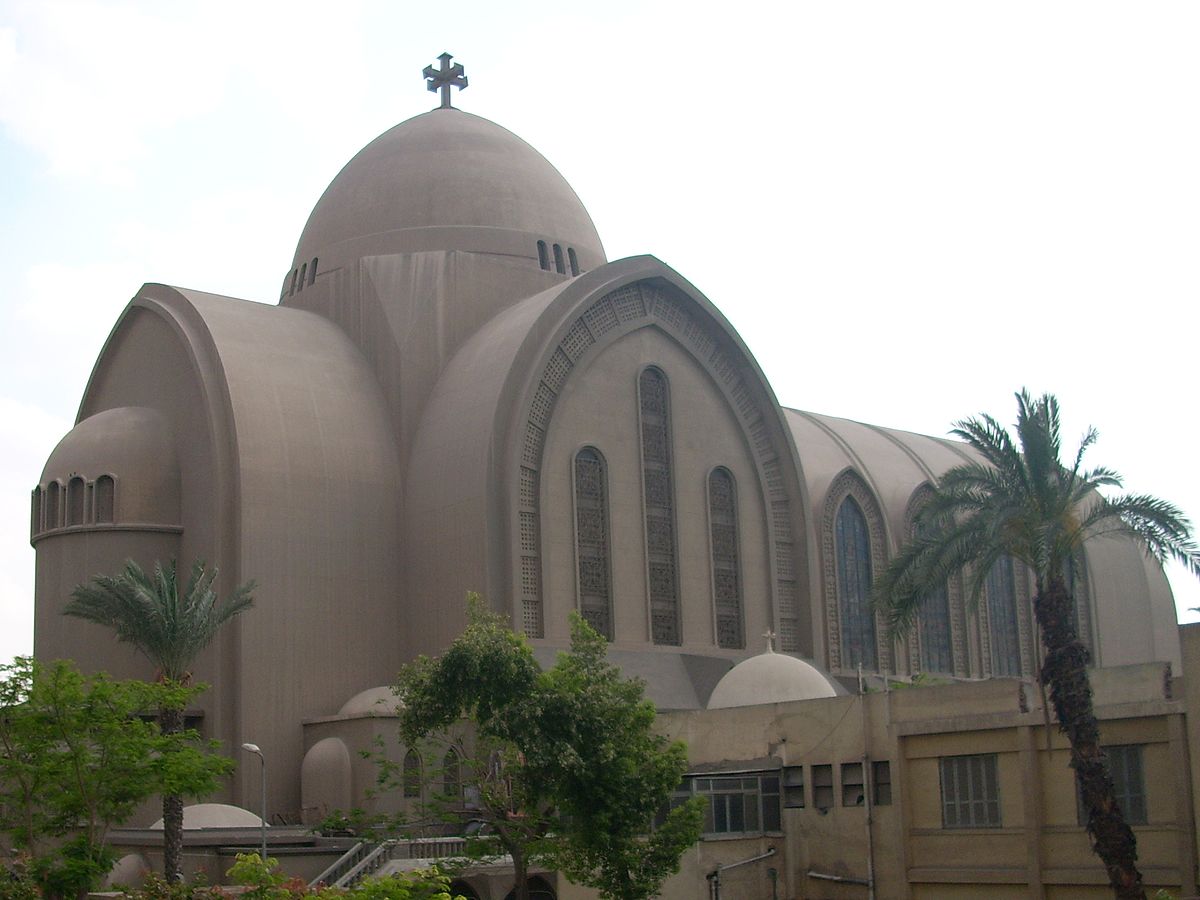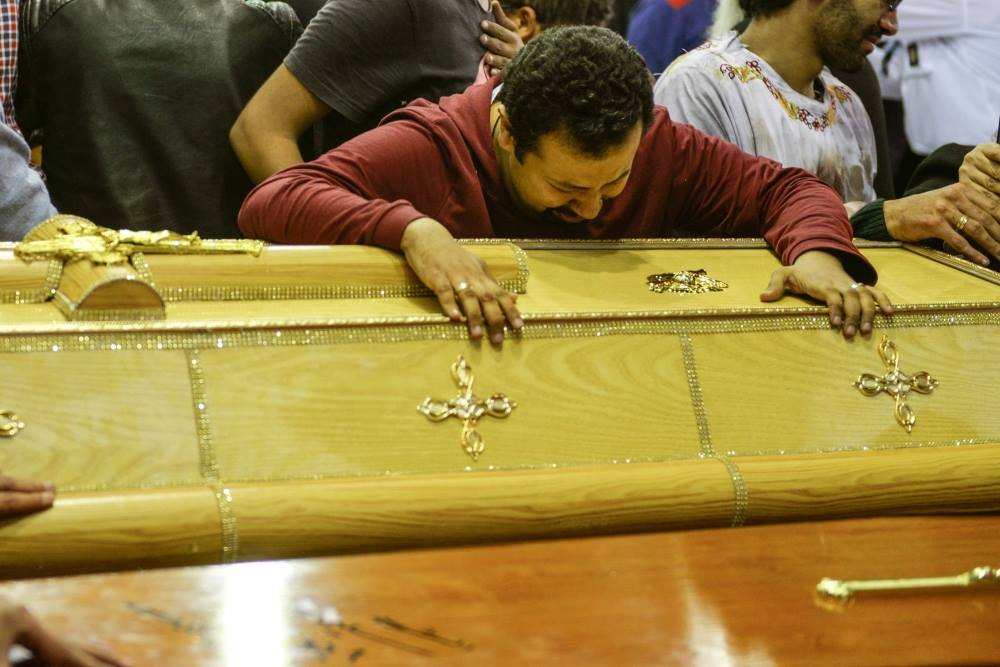On 13 May 2008 the bulldozers came for the homes in the Tosson neighborhood on the northern tip of Alexandria.
The families could do little to resist the over fifty trucks filled with Central Security forces that arrived with bulldozers and trucks to clear the land. One of the residents Hagg Mohamed tried to prevent them from bulldozing the community mosque.
He told Al-Masry Al-Youm that the forces responded to his cries by bulldozing the mosque before anything else. Five days later the Central Security forces came back for a second phase of demolitions.
Today, only 35 homes are left standing. The other inhabitants have moved in with relatives or anywhere they can find space.
According to the Tosson families’ lawyer, Mohamed Ramadan, a high percentage of Alexandria’s land was attained through Egypt’s squatter law. This includes the 220 feddan Tosson region that belonged to the governmental Agrarian Reform Commission. The largely middle class squatters have developed their land and the government has given them few troubles.
Yet, this is not the case for the approximately 300 households on a 40 feddan plot of land where the protesting Tosson families live. “This is the reality of class difference in Egypt,” Ashraf Ebeid, the family’s spokesman told Al-Masry Al-Youm, “one person can build, and another cannot.”
Tosson was part of Nasser’s land redistribution program in the late 1950s whereby the government parceled out Tosson Basha’s land to farmers.
Today, this distribution is being reversed.
“This is our 50th protest,” said Ashraf Ebeid adding, “every time the governor accused someone else of purchasing the land, we went to protest there.”
First Governor Adel Labeeb claimed the land was being used to develop Mubarak City, so the families protested at the governmental offices of the Ministry of Agriculture and the Prime Minister’s office.
In December 2008, Labeeb said the land would go to the Alexandria Sporting Club. Following a protest at the club, the club’s administration also denied any involvement.
Following the home demolitions in 2008, the families submitted a court case, and won. According to the 2843/2009, their presence on the land is legal; however, the Alexandria governor has disregarded the new ruling.
On 18 December 2008 the Minister of Agriculture promised to solve the matter within two months.
After overturning the court’s decision, Labeeb also ignored the promises of the minister. According to Ebeid, Labeeb has been described as the president of Alexandria, implying little can be done to stop him.
Governor Labeeb is former deputy director of the State Security Investigation unit in the south Alexandrian governorate of Beheira.
In late 2009 the families called on Prime Minister Ahmed Nazif to intervene on their behalf. The Prime Minister said he would refer their case to the judiciary, and on 2 January 2010, the court overturned the governor’s displacement order.
Months later, following the court ruling, on 18 March 2010, the families presented their complaint to the General Office of Land Ownership and Possession, claiming their residency rights in accordance with Law 2843. The office declined to accept their application. Just weeks later, the police arrested the families’ lawyer Mohamed Ramadan and accused him of inciting violence against the police and of forming an illegal association composed of the Tosson families.
On 7 April, the families moved their protests to the Cairo Ministry of Agriculture and secured Ramadan’s release. The following day, a spokesperson from the ministry informed the protesters that Governor Labeeb would provide the residents with alternative housing. The families argued that the protest was not against the governor, but rather against the ministry which should solve their problems through legal means.
The protest is now in its 13th day; however, the ministry has not released any further statements to the families. According to spokesperson Ashraf Ebeid, security forces at the protest have treated press covering the protest severely, destroying the cameras of different television reporters covering the event.
The families currently sleep in tents and security forces have prevented them from accessing the toilets of a nearby mosque. The protesters plan on building a makeshift toilet and on breeding chickens to feed them. Protesters participate in the sit-in on site in two-day cycles, which allows them to continue working in their respective jobs.
Thursday afternoon the Tosson families were promised a meeting with the Minister of Agriculture. The meeting has not happened yet. The same day, Mitwaly Salim, a spokesperson for the ministry, told Al-Masry Al-Youm that the families should direct their protests to the Alexandria Governor’s office, and not the ministry, as the land was given to the Alexandria Governorate to encourage private investment in 2008.
On Saturday, members of the Tosson protest joined three other sit-ins taking place in front of parliament. The other protesters consist of Alexandrian workers from the Nubariyya factory, physically challenged individuals and workers from the Land Improvement Agency within the Ministry of Agriculture.
EgyptFeatures/Interviews




